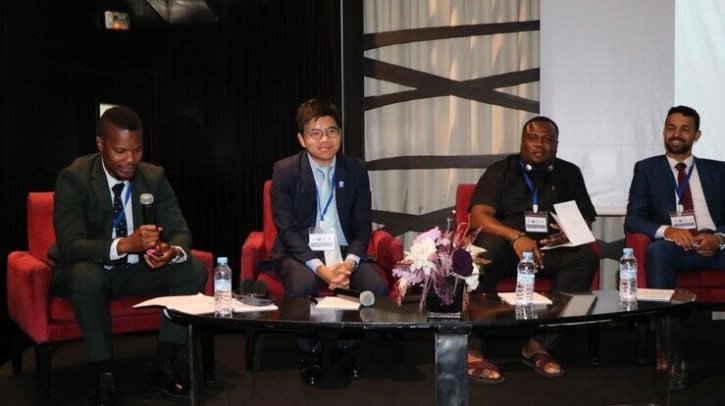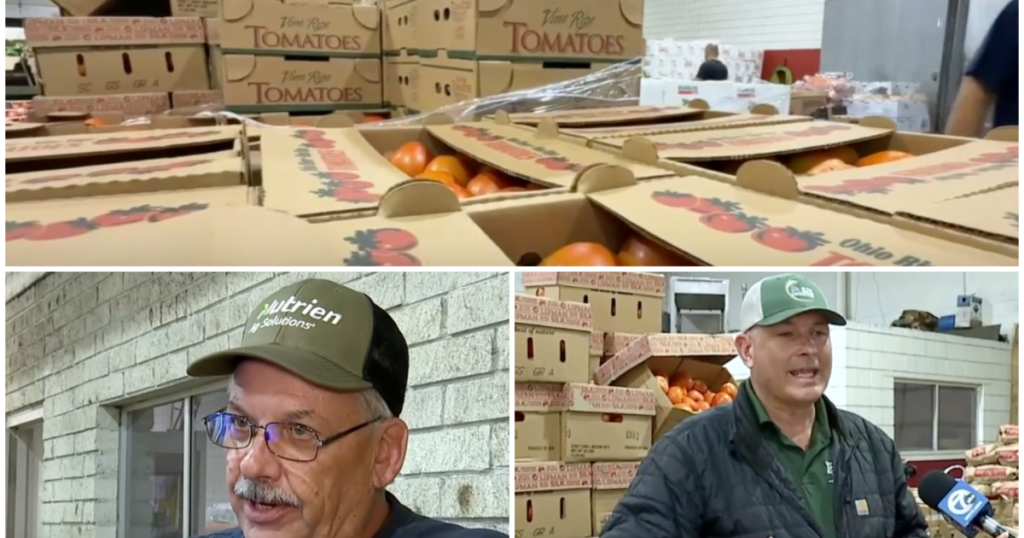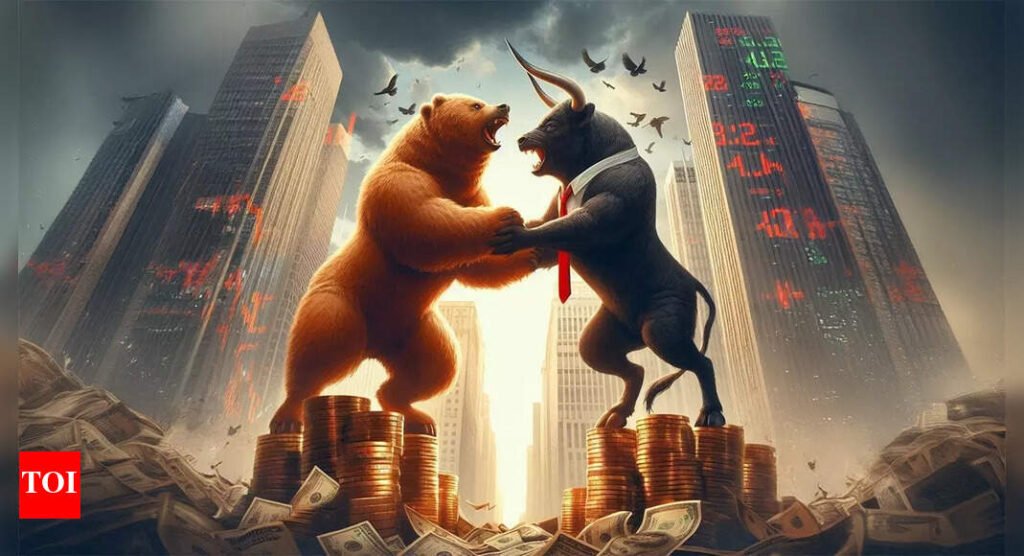Now Reading: YouTube Monetisation Update today: Who will be affected, is there new eligibility requirement, what’s changing? Here’s all
-
01
YouTube Monetisation Update today: Who will be affected, is there new eligibility requirement, what’s changing? Here’s all
YouTube Monetisation Update today: Who will be affected, is there new eligibility requirement, what’s changing? Here’s all

YouTube clarifies purpose of new policy
Renee Richie, YouTube’s creator liaison, addressed concerns in a video update saying, “If you’re seeing posts about a July 2025 update to the YouTube Partner Program monetisation policies and you’re concerned it’ll affect your reaction or clips or other type of channel. This is a minor update to YouTube’s long-standing YPP policies to help better identify when content is mass-produced or repetitive.”
YouTube emphasised that the new rules are not intended to target reaction videos or clip-based content generally. However, creators posting such content will now have to ensure that they add meaningful value, such as commentary or unique context, to be eligible for monetization.
AI and reused content under scrutiny
Content creators using AI-generated videos, text-to-speech narration, or existing clips without modification could risk demonetization. The updated rules aim to curb the spread of channels that rely on volume rather than creativity or originality. Tutorials and vlogs created with reused visuals or generic voiceovers may also be affected.
YouTube Monetisation: Eligibility requirements remain unchanged
The core eligibility criteria for joining YPP will stay the same. Creators still need to meet either of these thresholds:
- 1,000 subscribers and 4,000 valid public watch hours in the last 12 months, or
- 10 million valid Shorts views in the last 90 days.
YouTube has not banned reaction or compilation channels, but it is requiring them to demonstrate originality in their content to remain monetised.
YouTube Monetisation Update: Focus shifts to original and authentic content
The move follows a growing trend of faceless, AI-driven channels that prioritize quantity over quality. YouTube aims to encourage content that reflects a creator’s original voice and perspective. By doing so, the platform hopes to promote creators who are authentic and driven by passion.
YouTube Monetisation Update Details:
After facing growing concerns among content creators, YouTube has issued a detailed clarification about its upcoming July 15, 2025 update to monetisation guidelines. The update is intended to improve the platform’s ability to detect and limit what it now defines as “inauthentic” content—content that is mass-produced or excessively repetitive with little creative input from the uploader.
What is changing, and what is not
According to YouTube, this update does not introduce an entirely new policy. Instead, it refines the enforcement of existing standards under the YouTube Partner Program (YPP). The term “repetitious content” has been replaced by “inauthentic content” to reflect the evolving nature of content duplication in the era of AI and automation.
“In order to monetize as part of the YouTube Partner Program (YPP), YouTube has always required creators to upload ‘original’ and ‘authentic’ content. On July 15, 2025, YouTube is updating our guidelines to better identify mass-produced and repetitious content. This update better reflects what ‘inauthentic’ content looks like today,” the company said.
No ban on AI or reused content—if it offers originality
YouTube clarified that creators using AI tools or reposting content from other platforms will still be allowed to monetize, provided their uploads feature clear additions such as original commentary, educational input, or entertainment value. The platform added that it encourages the use of AI tools like Dreamscreen and auto-dubbing to enhance storytelling, as long as creators follow transparency and disclosure norms.
“YouTube welcomes creators using AI tools to enhance storytelling, and channels that use AI in their content remain eligible for monetization,” the company said.
What kind of content is being targeted
The update primarily targets channels that publish nearly identical narrative videos or slideshow formats with minimal variations—essentially duplicating content with negligible change. YouTube gave examples such as channels that share multiple story videos with only minor wording differences, or identical slideshows with the same voiceovers.
Such content, YouTube indicated, contributes little to viewer experience and dilutes quality on the platform.
IP-violating AI content still under review
While this new rule does not directly address AI-generated videos that may infringe on intellectual property—like fake movie trailers or synthetic celebrity clips—YouTube has separately been working to take action in such cases. However, it clarified that the July 15 update does not cover those scenarios and no broader policy change on IP violations has been announced yet.
YouTube Monetisation Update: Minimal disruption expected for most creators
YouTube has reiterated that this update is a “minor” adjustment and only enforces long-standing principles in a more consistent manner. The aim is to support original voices while limiting the spread of low-effort or bulk-produced content.
“All of [this type of content] can continue to be monetized if you’ve added significant original commentary, modifications, or educational or entertainment value to the original video,” said Rene Ritchie, YouTube’s Creator Liaison.
As the update takes effect, YouTube says that creators who maintain authenticity and value in their videos will remain unaffected.



















































